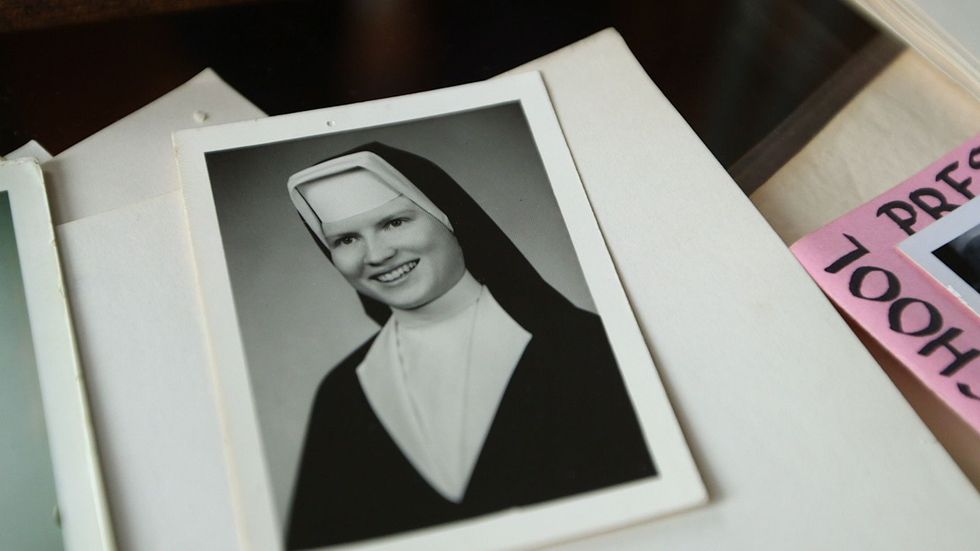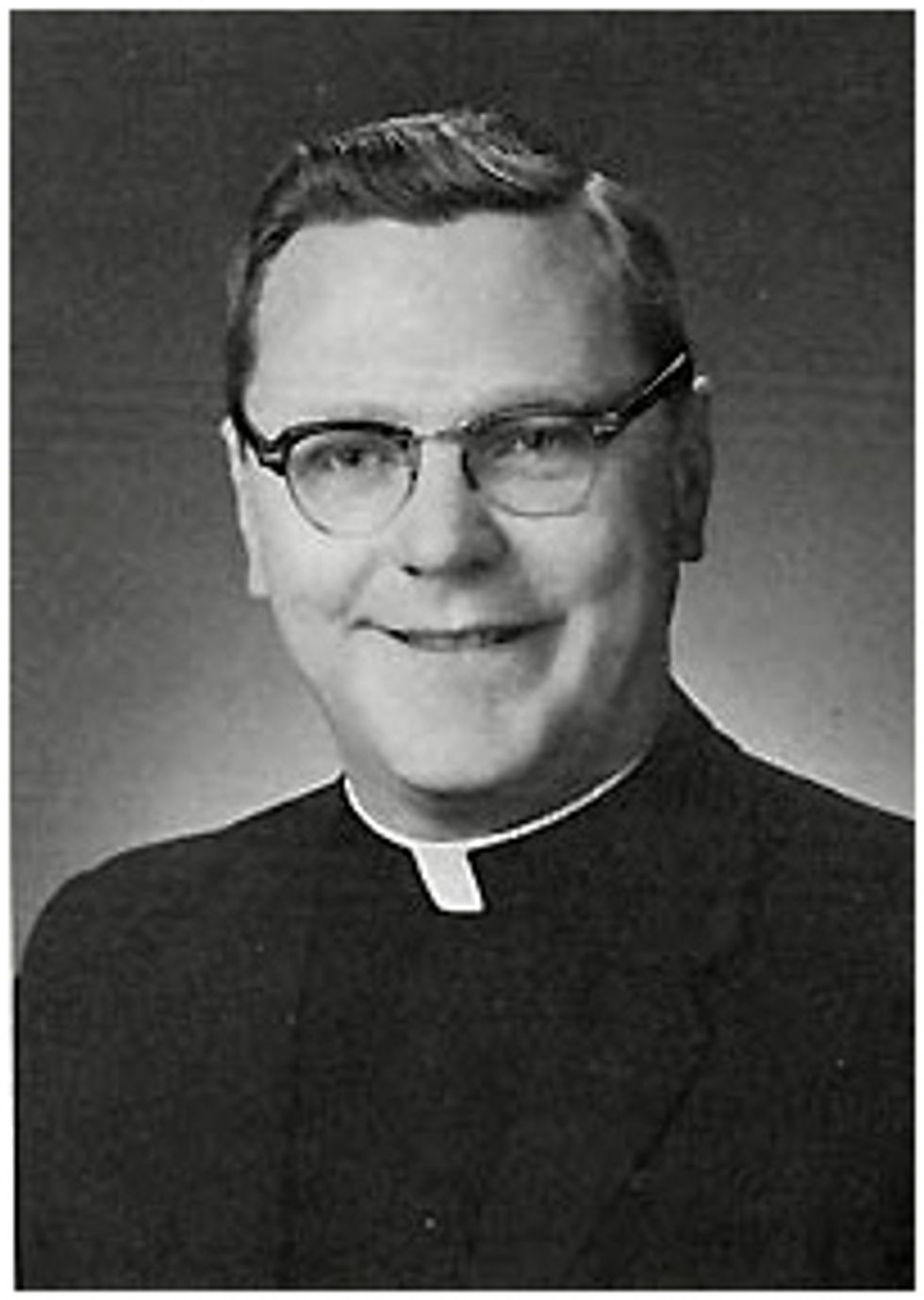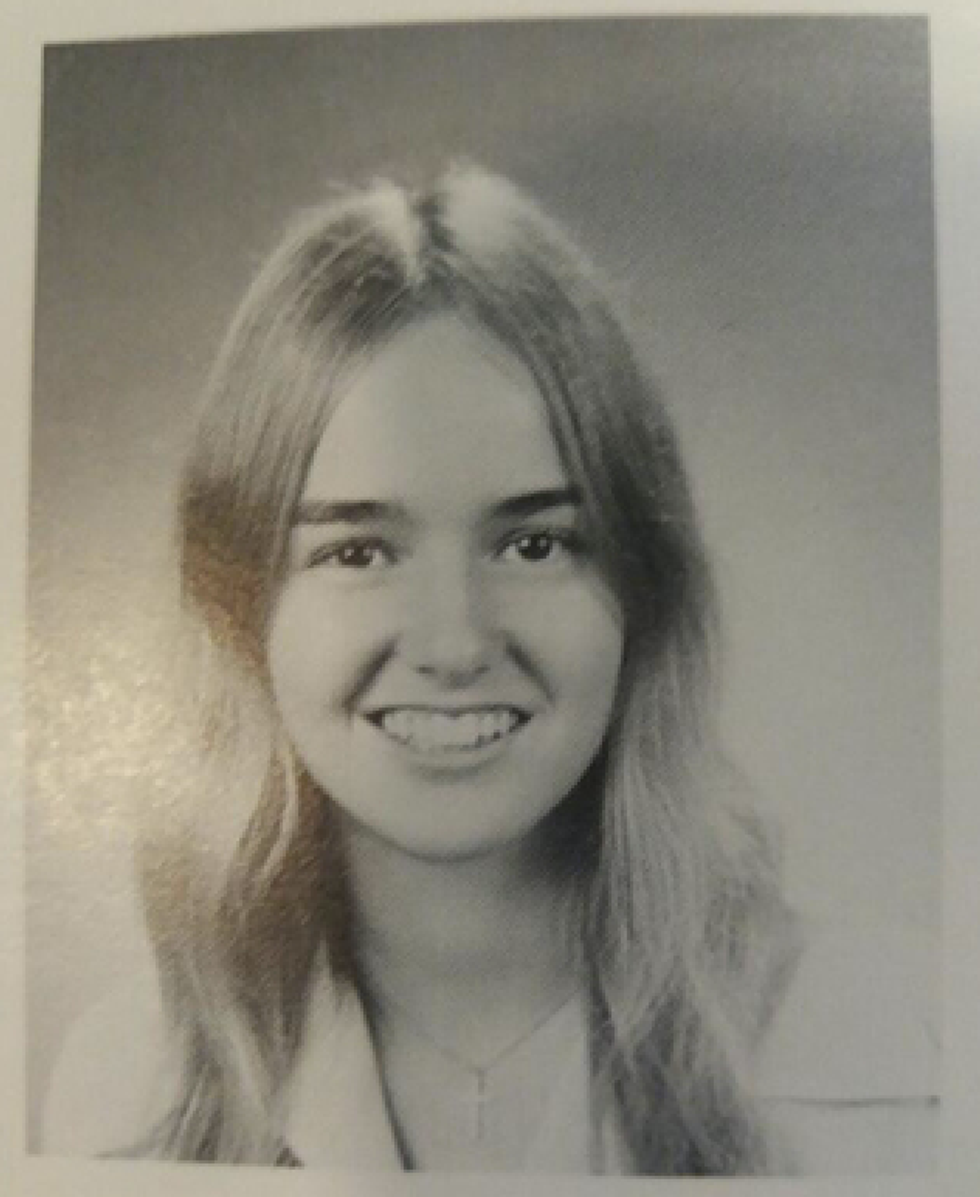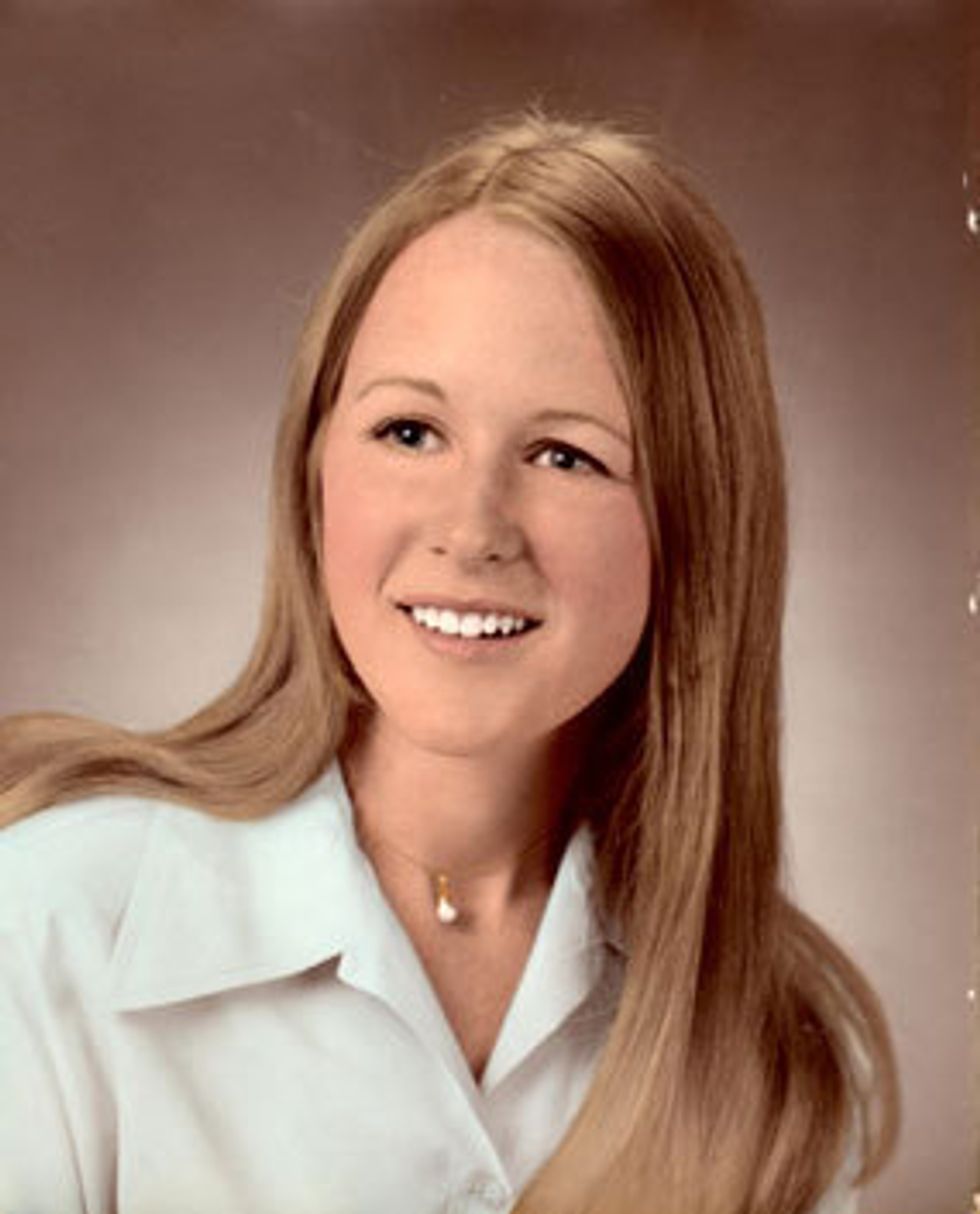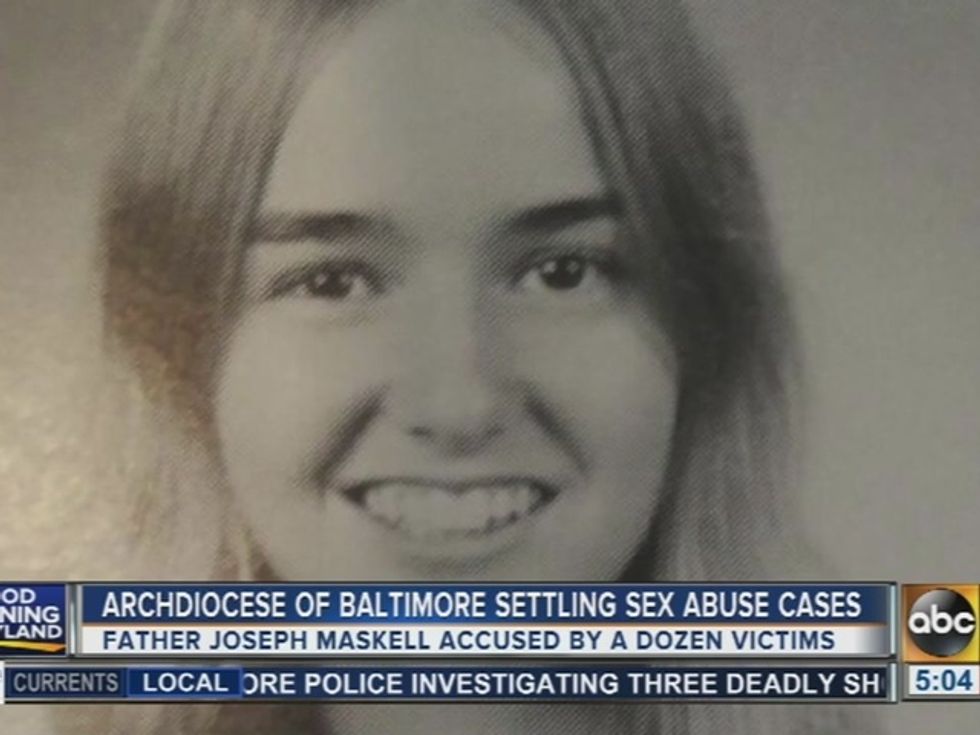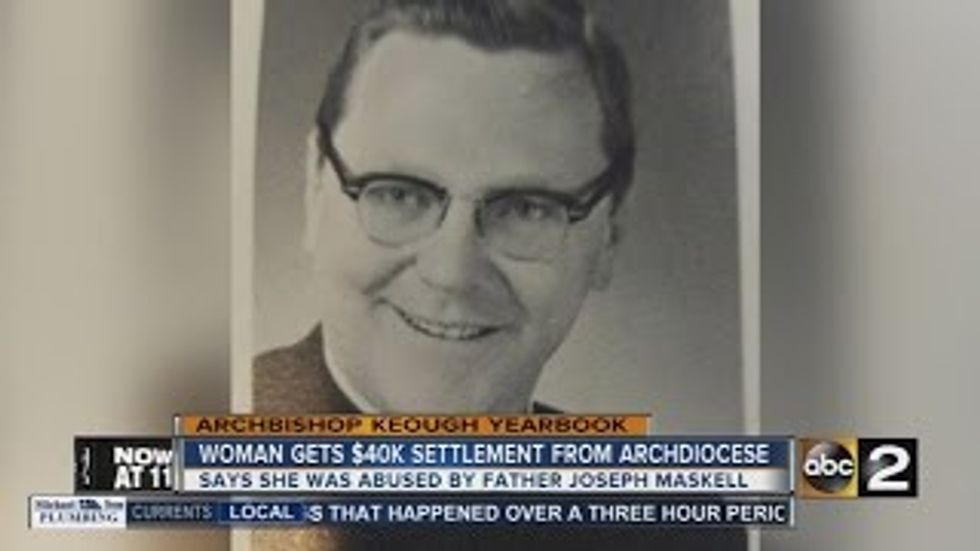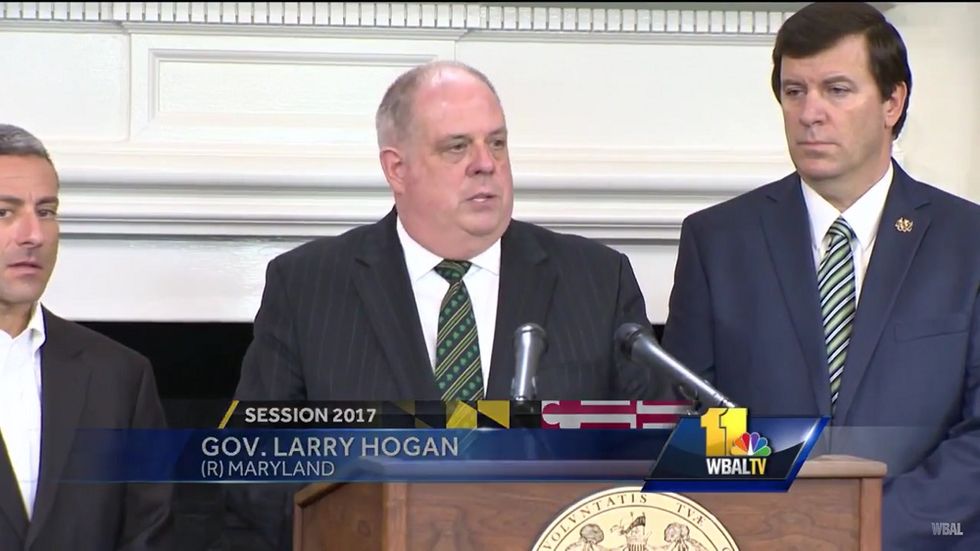I am a practicing, confirmed member of the Catholic Church. I go to Church almost every Sunday, and say my prayers almost every night before I go to sleep. I attended Catholic school for 13 years – kindergarten, elementary, middle, and high school at a variety of different parishes, churches, and schools within the Archdiocese of Baltimore – an organization in which I had great faith in, but which now holds a brand-new meaning to me, and not a good one.
For those of you who have not watched it, The Keepers is a seven-episode documentary that was released on Netflix in late May. This show centers around the unsolved 1969 murder of a 26-year-old Catholic nun, Sister Catherine Cesnik, who taught at Archbishop Keough High School, one of the many all-girls, Catholic high schools in Baltimore.
As the series explores, it is believed by many of Sister Cathy’s former students, family, and friends, that this nun was murdered because she discovered that a priest, named Father Joseph Maskell, was sexually assaulting and abusing students at the high school. However, the tragedy of Sister Cathy’s murder is ultimately not the central narrative of the show. Rather, the narrative of the events that took place before and after the murder is what will leave viewers horrified, haunted, and frankly quite nauseous.
It is no surprise to say that the 1960s and early 70s were a very different time than now. America was just entering a transition and emerging from a time when few people questioned authority, and faith in societal institutions was mostly blind. Parents didn’t question the way teachers taught curriculum or disciplined students. Citizens didn’t question the morality, or the validity, of the actions of police officers and other law enforcement officials.
Most people had faith that the government was acting on behalf of its citizens’ best interests. The institutions that dominated society were believed to be trustworthy, beyond reproach, and to some extent, infallible. If one of those institutions acted in a way that didn’t seem to make sense, it was likely assumed that there must be additional information, or other factors, driving those decisions, and once again the people exhibited blind faith and trusted that those in power knew what they were doing.
Back then, if you were Catholic, the Church was among the most dominant of those institutions.
In fact, the Church probably dominated your religious and social life completely. Your parish likely had dances, picnics, potluck dinners, bingo nights, youth groups, sports organizations and so much more. Everything you and your family did or were involved in was most likely within your parish.
That wasn’t necessarily a bad thing, as those communities tended to be very close and supportive. People within the parishes took care of and loved each other, all the while doing so with the shared belief and trust in Jesus Christ. That blind faith and trust extended to the priests that led those parishes. But this is exactly the mindset that was taken advantage of and exploited by Joseph Maskell so many years ago.
"The Keepers" at its core, is a story of systemic abuse, corruption within the Archdiocese of Baltimore, and the failure of the justice system.
The show centers around a woman named Jean Hargadon Wehner, who testifies in explicit, graphic details, that when she was a high school student at Archbishop Keough High School, Maskell raped her countless times.
You see, most of the women that Maskell abused had been previously abused by other family members or people, and the young girls shared this history with Maskell, as he was their priest, and a school counselor and they believed they could trust him. But in classic rape culture style, Maskell used the women’s vulnerability to make them feel as if the abuse was their fault and a sin of their own for which they needed to seek mercy and forgiveness.
Maskell would even sometimes bring in other priests, police officers, government officials, and other unknown men to rape Jean and her fellow classmates as well. Each time, Maskell would tell her that by going through these things, he was saving her from her sins and that it was all necessary in order for Jesus to forgive her for what she had done.
He also threatened her personal safety, and the safety of her family, if she should tell anyone what was happening. His manipulation of the mind of this young girl was all-encompassing – in fact, she many times recounted that she remembered feeling as though Maskell was her “protector,” because while other men were raping her, he would stand by the door and watch, almost as if he was making sure it didn’t go too far. All the while not knowing deep down that by happening at all, it had already gone leagues too far.
It is very hard not to watch this show and think “if someone had just said something, this all could have been stopped.”
A lot of this abuse was taking place during the school day, as Maskell would call girls into his office on the loudspeaker, rape them, and send them on their way back to class. A few of the women on the show spoke about the horrible feeling of dread that would wash over them when they heard their name, or one of their friend’s names, called to Maskell’s office over the loudspeaker.
They spoke about the knowing looks that some teachers would even give them when this happened, yet no one said anything out loud. But once again you must take the time period and mindset into consideration.
Statistics show that many abuse victims won’t talk about what happened to them and, if they do, these survivors are more likely to come forward when they are older. Especially in the 1960s and 70s, teenage girls were never going to question authority, and definitely not question the authority of a priest who worked at their school.
In addition, Jean and the other victims were devout Catholics, and blindly believed that since Maskell was a priest, he knew what was right and true, and was acting in their best interest. So when they were falsely told that submitting themselves to the rape would please God, they believed him. Sex was also a pretty tabooed subject in many households at that time, especially Catholic households, as pre-marital sex was considered to be a grave sin in and of itself.
So how were these victims supposed to come forward and explain what was happening to them, when they had almost everything working against them, especially if they hadn’t even come to terms with what was happening themselves? Jean spoke a lot about how she would often put the abuse out of her mind as soon as she left Maskell’s office and heard the door click behind her – she repressed those painful memories as a means to survive.
In 1994, Jean Hargadon Wehner reported her story to Baltimore authorities. Sharon May, who was the head of the sex crimes division at the Maryland state’s attorney’s office in the ’90s, stated that despite the other thirty individuals that had come forward with similar accusations, and firsthand accounts of abuse by Maskell, no specific case had enough evidence to stand on its own, and therefore Sharon May refused to press any criminal charges.
Next, Jean Wehner and Teresa Lancaster banded together and anonymously filed a civil lawsuit against Maskell. They sued three entities, Maskell himself, the religious order that sponsored their high school (the School Sisters of Notre Dame), and the Archdiocese of Baltimore, under the accusation of ongoing sexual assault and abuse.
The challenge in doing so was that the statute of limitations for such a case had expired. The women’s attorneys contended that the statute should start running from the time that their repressed memories were recovered, but this claim was opposed by Archdiocesan lawyers, and the civil suit was thrown out before it even started.
Like the other women who came forward, Jean put her faith in Baltimore’s archdiocesan lawyers, claiming that later she realized “they had an obligation to the Church first, and to her second,” realizing it was a lost cause from the start. As if those women hadn’t suffered enough, they were beaten down, called liars, and accused of making up the stories of abuse completely, by the very people that were supposed to be fair, and provide justice.
Though Joseph Maskell was never charged with a crime, never suffered any real consequences, and denied allegations of abuse until his death in 2001, The Baltimore Sun reported that, "Since 2011, the archdiocese has paid a total of $472,000 in settlements to 16 people who accused Maskell of sexual abuse."
It sounds like the archdiocese had a guilty conscience if you ask me.
At every turn in this story, there is a cover-up or an attempt from higher-ups to destroy evidence, shut the victims up from telling their story, and to preserve their own reputation at the expense of doing the right thing. Instead of putting a stop to the abuse, the people of authority took advantage of the faith that people had in them and failed them monumentally. Here in the United States, we believe in and uphold the separation of church and state for a reason. Yet in this story, both church and state worked together for years and were sadly complicit in society’s historical tendency to ignore women who desperately need their help.
Though so much about this series is haunting, and I’m sure will never leave my mind, there was one quote in particular that especially stuck with me, from a man named C.T. Wilson. Wilson is a Maryland State Delegate to the Senate, who himself is a sexual abuse survivor, and has dedicated time and effort to getting justice for victims. Wilson said “We can’t be un-robbed or un-raped or un-shot. We can’t un-ring those bells. But what we can do is hold people accountable.”
That is the responsibility of societal institutions. Wilson sponsored a bill in 2015 to extend the statute of limitations for civil claims from sexual abuse victims, allowing those who allege that they were abused as a child to file a civil lawsuit until they are 38 years old. He personally knew that this was important, as many victims are still figuring out the abuse that happened to them when they reach early adulthood, due to repressed, then later recovered memories.
The bill was opposed by the Archdiocese and the Maryland Catholic Conference in 2015 and was not allowed out of committee for a vote in the legislature. Mr. Wilson reintroduced the bill this Spring, and this time it was allowed out of committee, but ironically only after the Maryland Catholic Conference changed their position and expressed support. Governor Larry Hogan signed the bill into law in April.
I must admit that after watching The Keepers, my faith was shaken more than a little bit.
I couldn’t comprehend how leaders of a faith institution that has been a part of my entire life could act in a way so contrary to the values they claim to promote. How could they possibly believe that covering up abuse in an attempt to save face, or to protect the Church, could be justified? How could they be so indifferent to the devastating impact these events had upon the victims?
I am still processing much of this myself. But I am still Catholic. I still believe that the Catholic Church does a lot of good, and helps many, many people. I personally know plenty of upstanding, moral, Catholic priests and nuns, who in no way even slightly resemble Joseph Maskell or his horrific actions. I admire them for the sacrifices they have made, and for the positive impact they make daily on the world around them.
I still go to Church almost every Sunday, and I still say my prayers almost every night. Except now I’m praying for something different. I will walk into my church on Sunday and hope that the four walls around me will never house a priest capable of evil and immoral actions such as the corrupt ones of Maskell and his fellow abusers.
Now included in my prayers are prayers that the Archdiocese of Baltimore, an institution that includes over 150 parishes, will from now on use its power and influence to protect its members, instead of protecting its name and reputation. I pray that the circumstances surrounding Sister Cathy’s murder will eventually be uncovered so that her family can have some comfort from justice.
I pray for an end to sexual abuse and assault, but if it persists, I pray that these victims are believed by the people they confide in, and provided with the utmost support and assistance. I pray that no one forgets what happened in Baltimore fifty years ago and that because of it, the tide of abuse will be changed.


